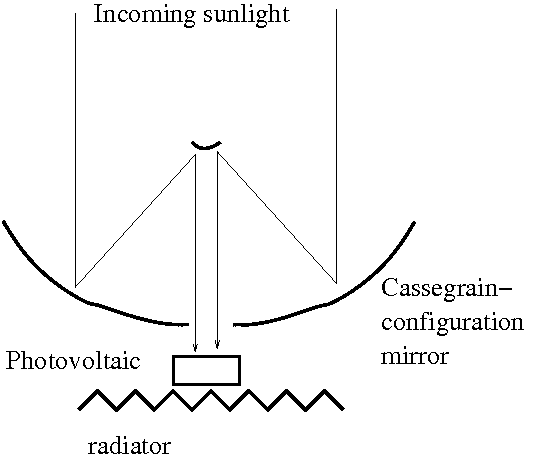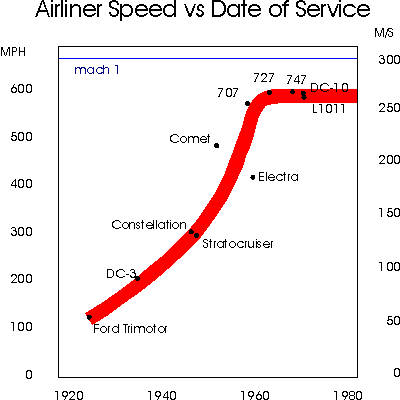Yesterday I wrote that we don’t have a clue how learning works. If that were as categorically true as I made it sound, the prospects of AGI would be pretty much sunk. AGI requires getting up to the universal level of a learning machine: one that can in theory learn anything any other learning machine… Continue reading Learning and AGI
This website uses cookies so that we can provide you with the best user experience possible. Cookie information is stored in your browser and performs functions such as recognising you when you return to our website and helping our team to understand which sections of the website you find most interesting and useful.





